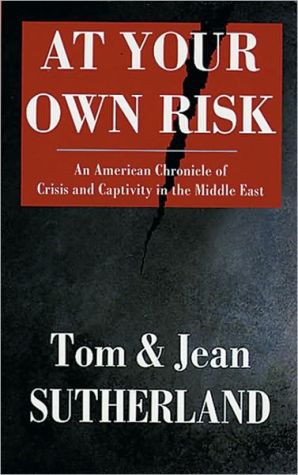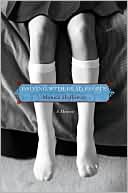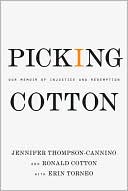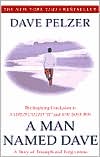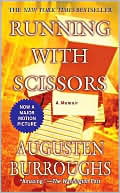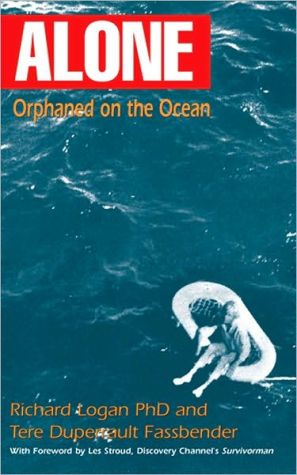At Your Own Risk: An American Chronicle of Crisis and Capitivity in the Middle East
More than a hostage story, this is a rare portrait of the Middle East that transcends the Sutherlands' personal struggle to place a turbulent decade in the Middle East in perspective.
Search in google:
In 1983 Tom Sutherland, a professor at Colorado State University, accepted the position of Dean of Faculty of Agriculture and Food Science at the American University of Beirut in Lebanon. Two years later, on June 9, 1985, he was kidnapped by gunmen from the Islamic Jihad. That day would be the first of 2,354 - nearly six and a half years of captivity - the second longest period of any western hostage in Lebanon. At Your Own Risk is the passionate chronicle of Tom and his wife Jean's remarkable experience in Lebanon before, during, and after the hostage years. Tom's story of captivity alternates with Jean's, who stayed in Beirut teaching and working for Tom's release. Their voices are interwoven throughout the book, providing a riveting look at a time and place in history that even today few Americans understand. The story of their extraordinary return to Lebanon after Tom's release reaffirms their commitment to and hope for a resolution of the ongoing conflict between Islam and the western world. Publishers Weekly In 1985, Tom Sutherland, dean of agriculture at the American University of Beirut (and formerly a dean at Colorado State University), was seized by Islamic Jihad terrorists. His wife, Jean, a teacher and administrator at AUB, spent six and a half years working for his release, traveling back and forth from Beirut to Washington, meeting with Bush, Reagan, George Schultz and other politicians involved in the hostage crisis. In captivity, Tom shared tiny, dank spaces with an ever-shifting roster of fellow hostages, among them Terry Anderson and Terry Waite. Tormented by his captors, he kept his sanity through meditation, reading and conversation. Told in alternating chapters by Tom and Jean, and interspersed with diary excerpts, this vivid, harrowing account of their ordeal offers a close-up of Lebanon, a cauldron of Christian, Muslim and Druze clashes, Syrian incursions, Pan-Arabism and Palestinian refugee camps. After Tom's release in 1991, the Sutherlands returned to Colorado and Tom became a professional speaker. (Apr.)
\ Publishers Weekly - Publisher's Weekly\ In 1985, Tom Sutherland, dean of agriculture at the American University of Beirut (and formerly a dean at Colorado State University), was seized by Islamic Jihad terrorists. His wife, Jean, a teacher and administrator at AUB, spent six and a half years working for his release, traveling back and forth from Beirut to Washington, meeting with Bush, Reagan, George Schultz and other politicians involved in the hostage crisis. In captivity, Tom shared tiny, dank spaces with an ever-shifting roster of fellow hostages, among them Terry Anderson and Terry Waite. Tormented by his captors, he kept his sanity through meditation, reading and conversation. Told in alternating chapters by Tom and Jean, and interspersed with diary excerpts, this vivid, harrowing account of their ordeal offers a close-up of Lebanon, a cauldron of Christian, Muslim and Druze clashes, Syrian incursions, Pan-Arabism and Palestinian refugee camps. After Tom's release in 1991, the Sutherlands returned to Colorado and Tom became a professional speaker. (Apr.)\ \ \ \ \ Library JournalFrom 1984 to 1991, the Islamic Jihad held hostages in Lebanon, and most of the survivors have written books about their ordeal. Although their experiences were the same, their accounts differ in their perceptions. Sutherland and his wife give a detailed description of their lives during his six-and-a-half year captivity. As a family memoir, their book resembles Ann Kerr's Come with Me from Lebanon (LJ 10/1/94). In recounting the day-to-day existence of the prisoners, it resembles Lawrence Jenco's Bound To Forgive (LJ 6/15/95). Unlike those books, however, it shows little understanding of the political realities that compelled the captors to do wrong in order to call world attention to their plight. For large general collections only.-Louise Leonard, Univ. of Florida Libs., Gainesville\ \ \ Kirkus ReviewsThe unremarkable record of a college dean's six-and-a-half years as a hostage of the Islamic Jihad in Beirut.\ Husband and wife Tom and Jean Sutherland, he the dean of agriculture and she an English teacher at the American University of Beirut, have turned Tom's 2,354-day hostage ordeal into a book to be read at your own risk. Tom is no Terry Anderson or Terry Waite (his longtime roommates in captivity), and At Your Own Risk offers neither the human nor the religious and political insights to compete with the more eloquent books covering the identical experience. The Sutherlands' suffering is real enough, but they come off as cool, petty, and humorless. They don't explain why Tom ignored warnings from the US government and accepted an administrative post at a campus in a virtual war zone, crawling with members of several Palestinian guerrilla groups with whom he seems at times to sympathize. But the dean is even a mediocre anti- imperialist. Deep in captivity, when we seek his profound ruminations about life, freedom, love, and war, we learn that Sutherland preferred the enhanced salary and prestige that American University offered over Colorado State University. In captivity, he is "terribly worried about the impact of this whole thing on my career." While Jean is tirelessly meeting with government officials and attending yellow-ribbon-tying ceremonies for Tom, he is bemoaning his inferior chess game and his inability to read as well as Terry Anderson. The boredom is breached when the hostages get a radio, and there is a rare moment of emotion when Sutherland hears a birthday greeting from his family.\ Hungrier for attention than an Oprah guest, the finally freed Sutherland gushes, "What an ovation! . . . it made up for all those years." Readers are likely to be embarrassed by the closing crescendo of self-congratulation.\ \ \
